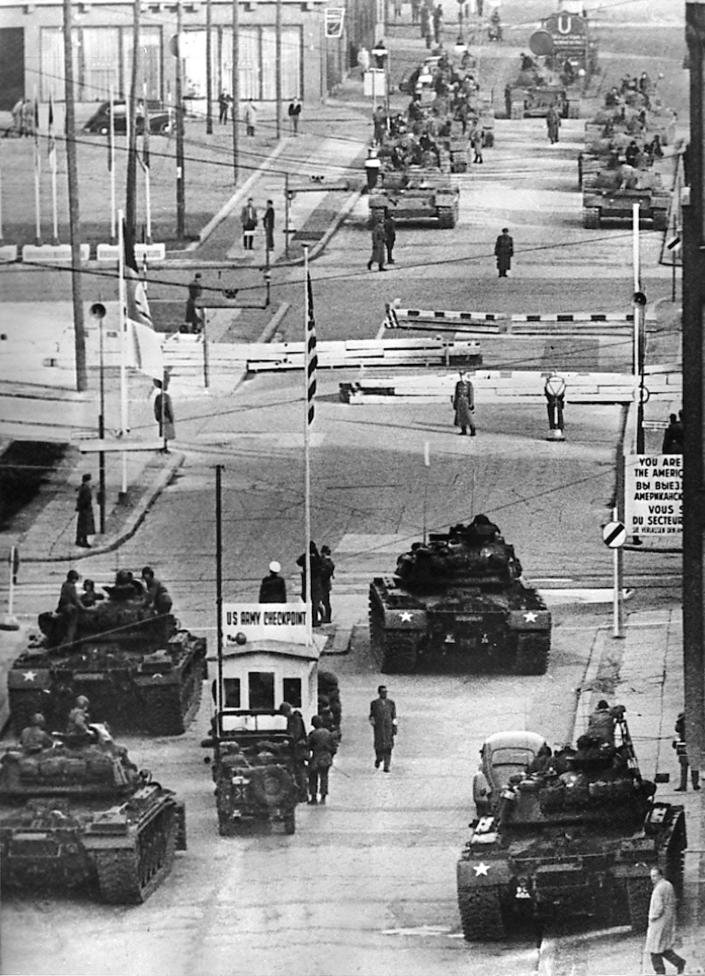Tanks rolled into Ukraine unabated. Families packed into darkened subway stations to take shelter from bombs. Others filled suitcases and fled along clogged roadways out of cities.
The images emerging from Ukraine on Thursday evoke memories of 20th-century conflicts in Europe that once seemed unimaginable in 2022, leaving many to wonder: Is this a new Cold War? Or the beginning of World War III?
“In terms of cold war, you have the vast majority of the rest of the world in total opposition to what he’s doing,” President Joe Biden said of Russian President Vladimir Putin at a press conference Thursday afternoon. “And so it’s going to be a cold day for Russia.”
USA TODAY spoke with historians across the country who offered varying opinions about the historical parallels of Russia’s invasion of Ukraine.
Russia-Ukraine explained: Inside the crisis as US calls Russian movements an invasion

“It’s very likely that we’re going to be entering another prolonged standoff with Russia,” said David Szakonyi, an associate professor of political science at George Washington University. “And the last time that we were in such a state of confrontation with Russia, it was formerly the Soviet Union – the Cold War. So I don’t think it’s necessarily the wrong term to be tossing around.”
Historians largely pinpoint the Cold War as starting with the Truman Doctrine in 1947 and ending with the fall of the Soviet Union in 1991. Since then, the U.S. has continued to fight Russian election interference and misinformation campaigns and oppose Russia through cyber, economic and proxy ground wars.
But the invasion of Ukraine marks a turning point in U.S.-Russia relations, Szakonyi said.
“There’s been a line that’s been crossed. The West is going to consider this to be a much more flagrant violation of international law, and it’s going to be more united in the way that it tries to sanction Russia,” Szakonyi said. “That distinguishes it from the way Russia has been able to walk a fine line and get away with a lot of other types of hybrid attacks and interventions without necessarily feeling the brunt Western anger.”


